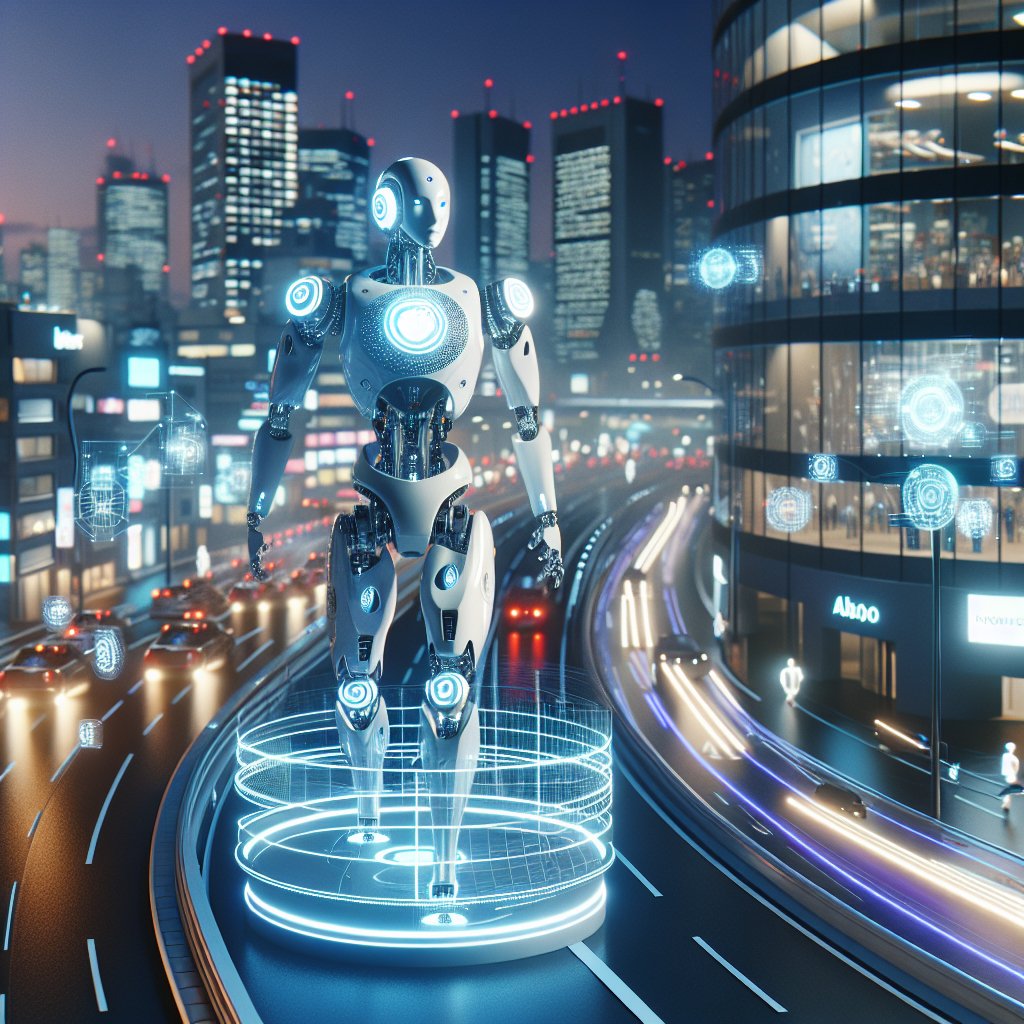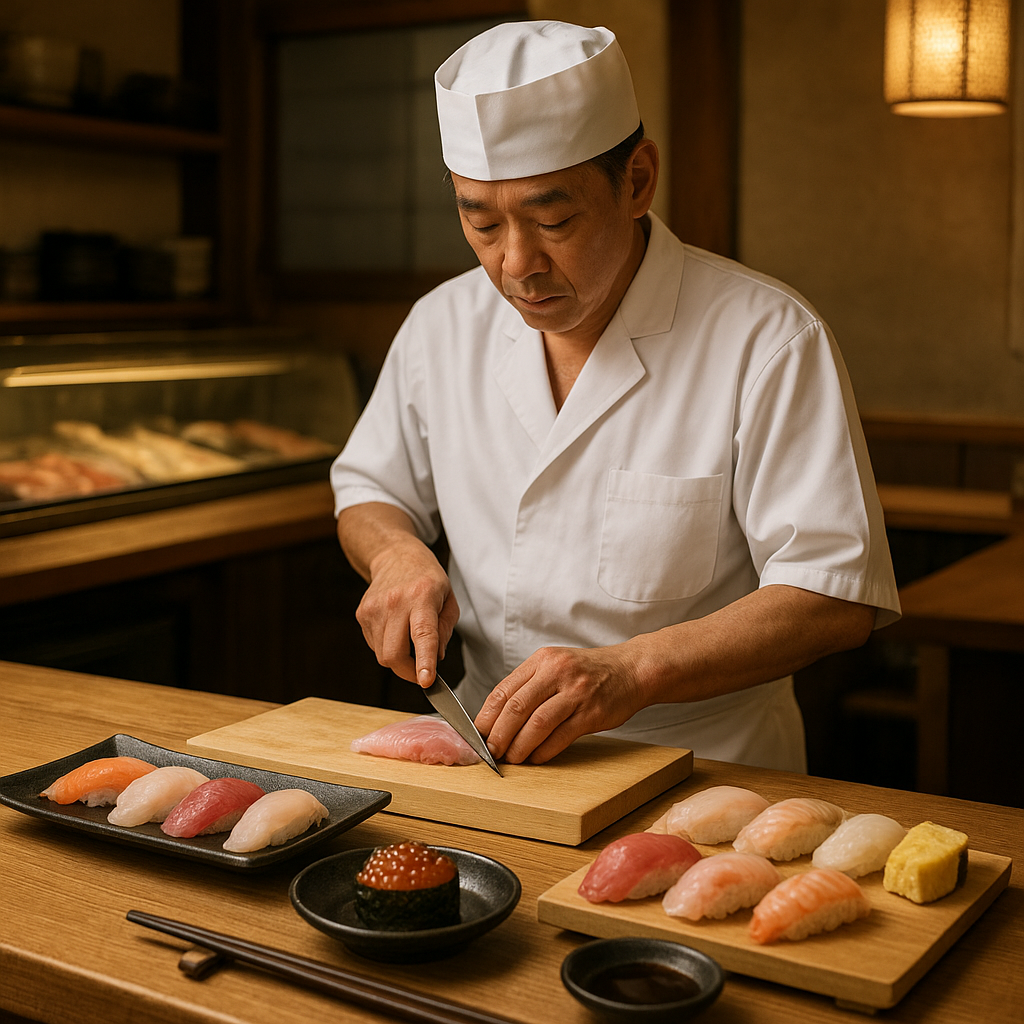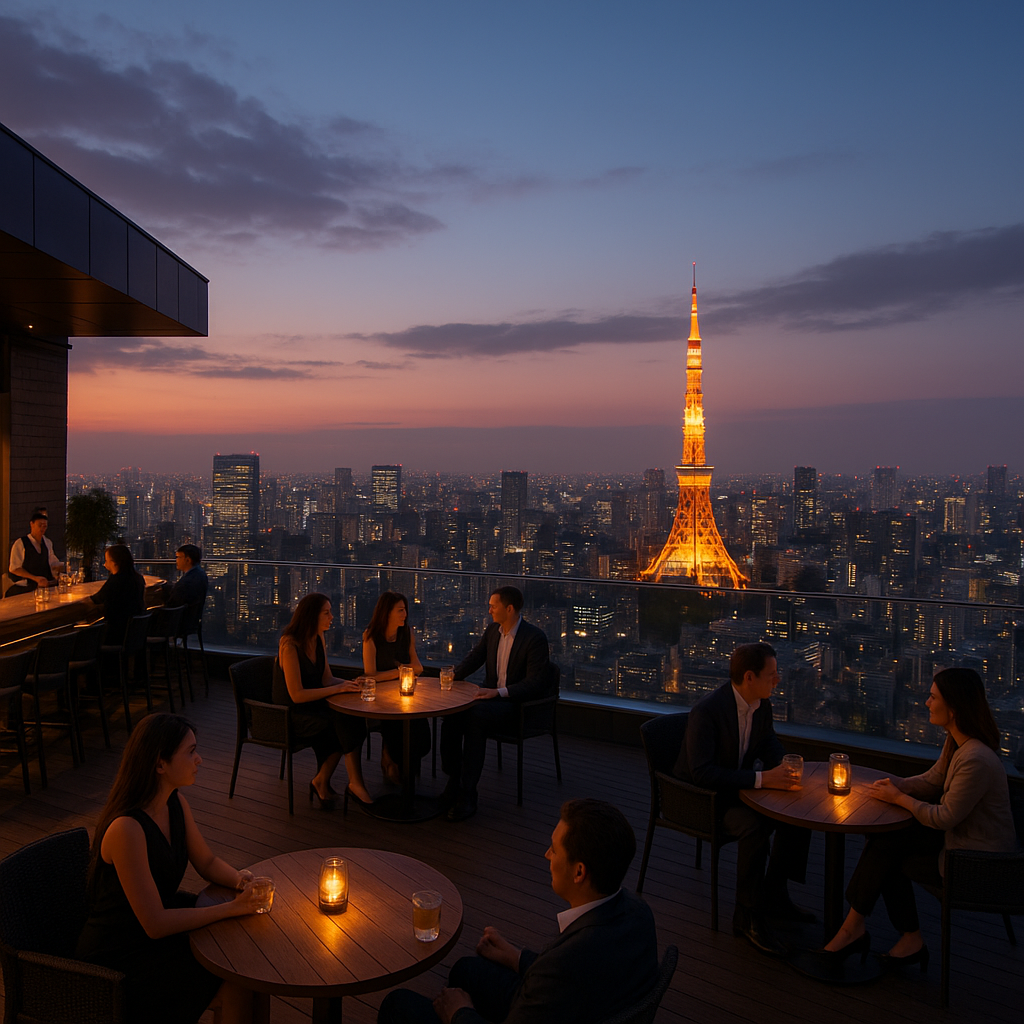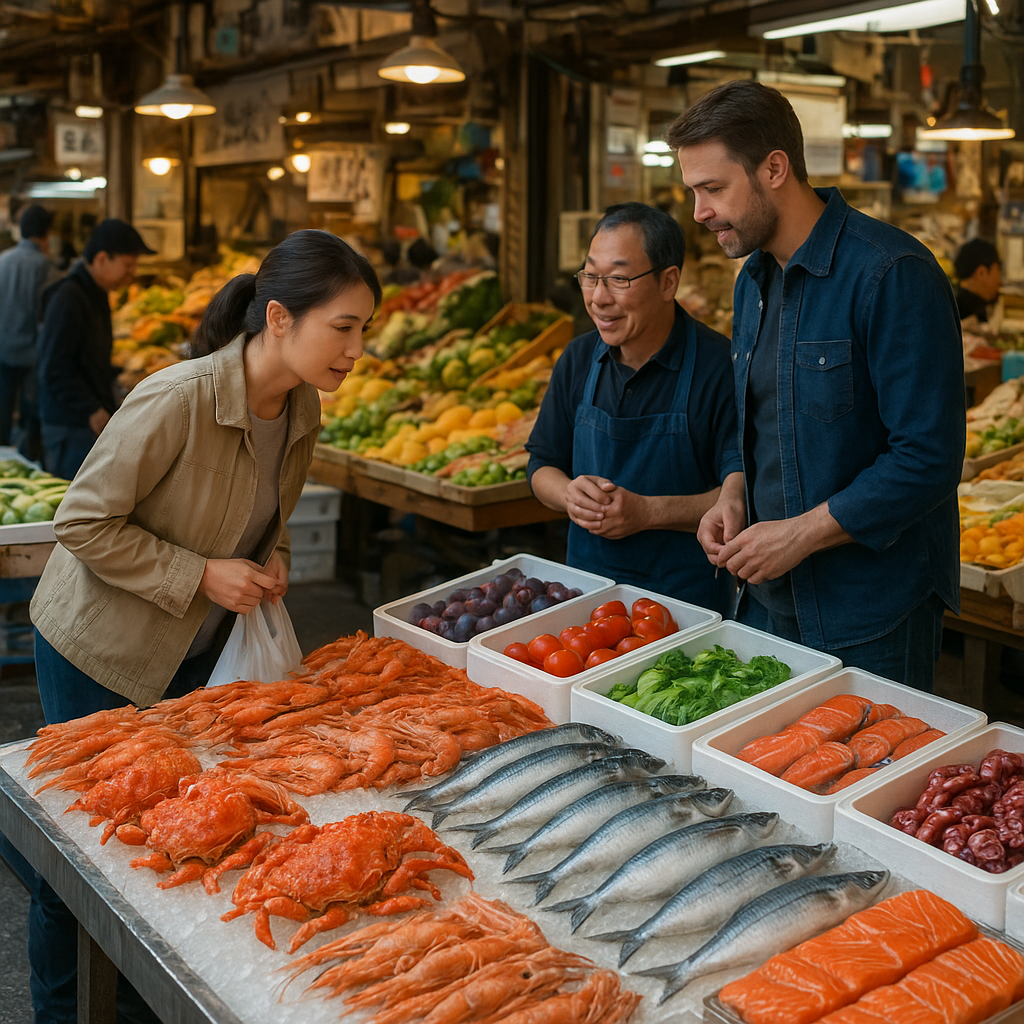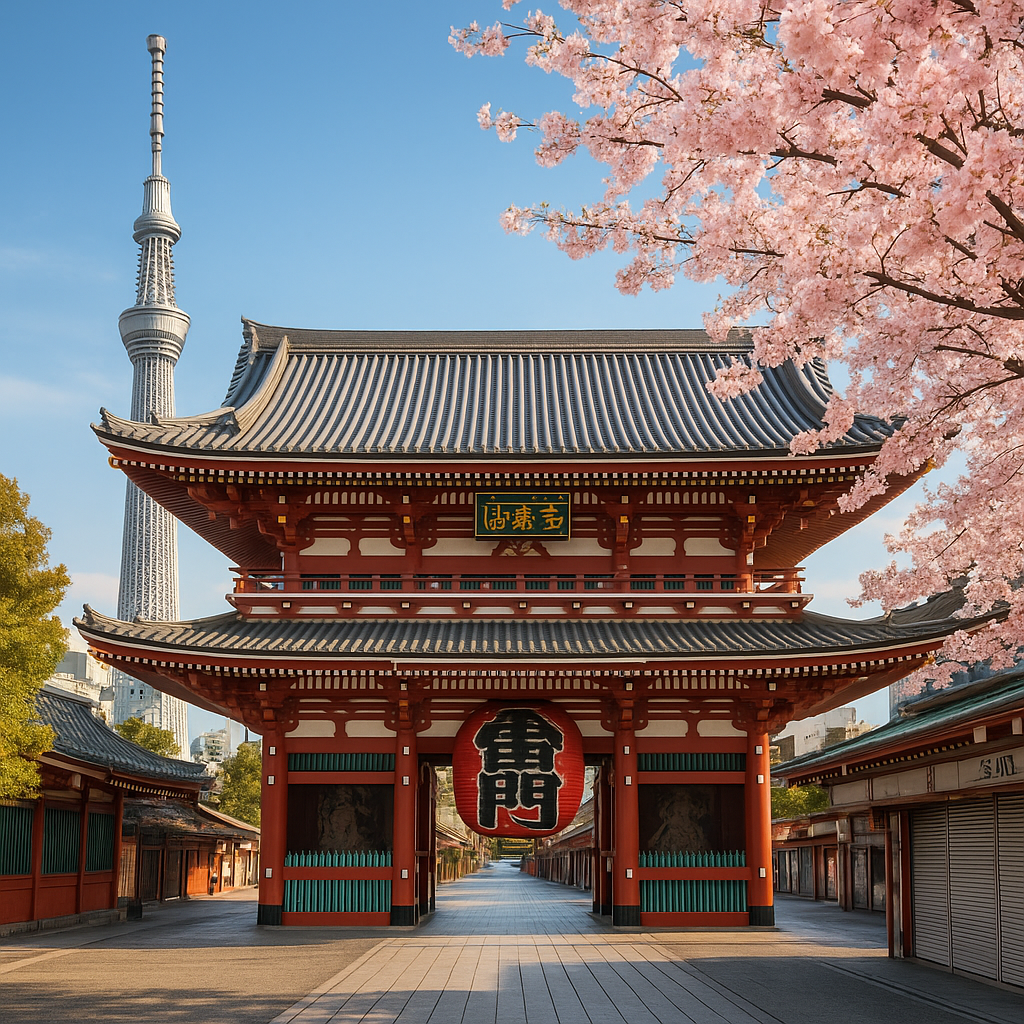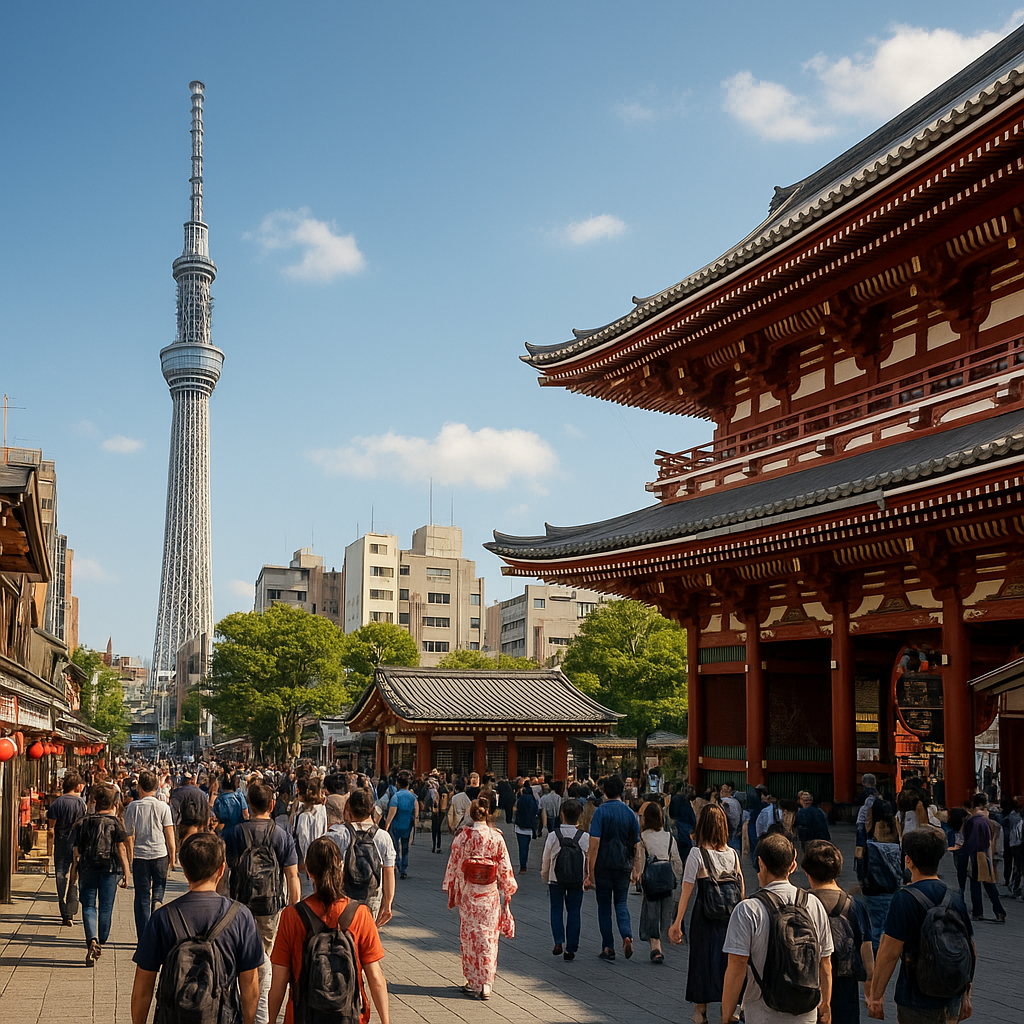Tokyo, the bustling capital of Japan, is renowned for its deep-rooted fascination with robotics and artificial intelligence (AI). This city, a hub of technological innovation, has seamlessly integrated these advanced technologies into its daily life, creating a unique blend of tradition and modernity. From humanoid robots assisting in various sectors to AI-driven solutions enhancing urban living, Tokyo stands at the forefront of the robotics and AI revolution.
The Rise of Robotics in Tokyo
Tokyo’s journey into the world of robotics began decades ago, driven by Japan’s cultural affinity for technology and innovation. The city has become a global leader in robotics, with numerous companies and research institutions dedicated to advancing this field. The development of humanoid robots, such as ASIMO by Honda and Pepper by SoftBank, highlights Tokyo’s commitment to creating machines that can interact with humans in meaningful ways.
One of the key factors contributing to Tokyo’s success in robotics is the strong collaboration between academia, industry, and government. Universities like the University of Tokyo and Tokyo Institute of Technology have established cutting-edge research programs, fostering a new generation of engineers and scientists. Meanwhile, the government has implemented policies to support the growth of the robotics industry, recognizing its potential to address societal challenges such as an aging population and labor shortages.
In Tokyo, robots are not just confined to research labs or factories; they are becoming an integral part of everyday life. From robotic assistants in shopping malls and airports to automated cleaning robots in public spaces, these machines are enhancing efficiency and convenience. The city has also embraced robotics in healthcare, with robots assisting in surgeries and providing care for the elderly, showcasing their potential to improve quality of life.
AI Integration in Urban Living
Artificial intelligence is another area where Tokyo is making significant strides. The city is leveraging AI to transform urban living, making it smarter and more efficient. AI technologies are being integrated into various aspects of city life, from transportation and infrastructure to public services and entertainment.
One of the most visible applications of AI in Tokyo is in the transportation sector. The city’s extensive public transit system, including trains and buses, utilizes AI to optimize schedules, manage traffic flow, and enhance passenger safety. AI-driven predictive maintenance systems are also employed to ensure the reliability and efficiency of the transportation network, minimizing disruptions and improving the overall commuter experience.
In addition to transportation, AI is playing a crucial role in urban planning and infrastructure management. Tokyo is using AI to analyze data from various sources, such as sensors and cameras, to monitor and manage city resources effectively. This includes optimizing energy consumption, managing waste, and ensuring public safety. By harnessing the power of AI, Tokyo is paving the way for a more sustainable and resilient urban environment.
The entertainment industry in Tokyo is also benefiting from AI advancements. AI-driven technologies are being used to create immersive experiences in theme parks, museums, and other attractions. From virtual reality simulations to interactive exhibits, AI is enhancing the way people engage with entertainment, offering new and exciting possibilities.
The Cultural Impact of Robotics and AI
Tokyo’s embrace of robotics and AI is not just about technological advancement; it also reflects the city’s cultural values and aspirations. The integration of these technologies into daily life is seen as a way to preserve and enhance the unique cultural heritage of Tokyo while embracing the future. Robotics and AI are viewed as tools to address societal challenges, improve quality of life, and create new opportunities for innovation and creativity.
The cultural impact of robotics and AI in Tokyo is evident in various aspects of life, from education and art to social interactions and community building. Schools and universities are incorporating robotics and AI into their curricula, preparing students for the future workforce and fostering a culture of innovation. Artists and creators are using these technologies to push the boundaries of their work, exploring new forms of expression and storytelling.
Moreover, robotics and AI are influencing social interactions and community dynamics in Tokyo. Robots are being used to facilitate communication and collaboration, breaking down barriers and fostering inclusivity. AI-driven platforms are enabling people to connect and share experiences, creating a sense of community and belonging in the digital age.
Challenges and Future Prospects
Despite the many benefits of robotics and AI, Tokyo faces several challenges in their implementation. Ethical considerations, privacy concerns, and the potential impact on employment are some of the issues that need to be addressed. The city is actively working to develop frameworks and policies to ensure the responsible and ethical use of these technologies, balancing innovation with societal needs.
Looking ahead, Tokyo’s love for robotics and AI is expected to continue growing, with new advancements and applications on the horizon. The city is poised to lead the way in developing smart cities, where technology enhances every aspect of urban life. As Tokyo continues to explore the possibilities of robotics and AI, it serves as a model for other cities around the world, demonstrating the transformative power of these technologies.
In conclusion, Tokyo’s exploration of robotics and AI is a testament to its commitment to innovation and progress. By embracing these technologies, the city is not only enhancing its own urban landscape but also contributing to the global conversation on the future of technology and society. As Tokyo continues to push the boundaries of what is possible, it remains a beacon of inspiration for those seeking to harness the power of robotics and AI for the betterment of humanity.
